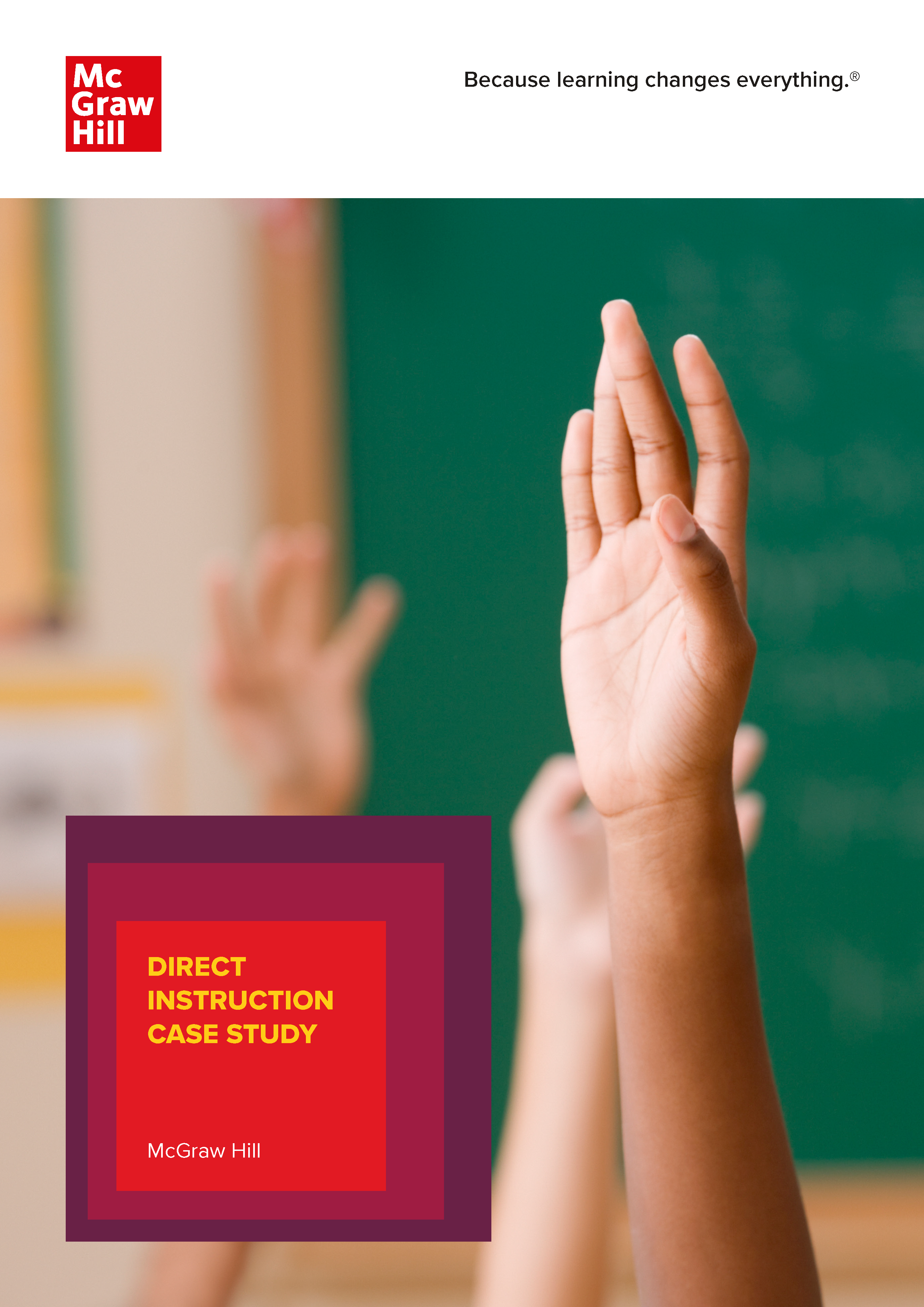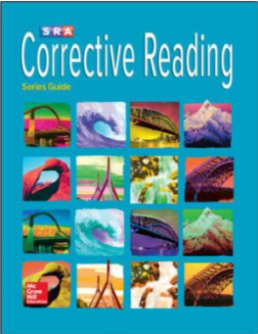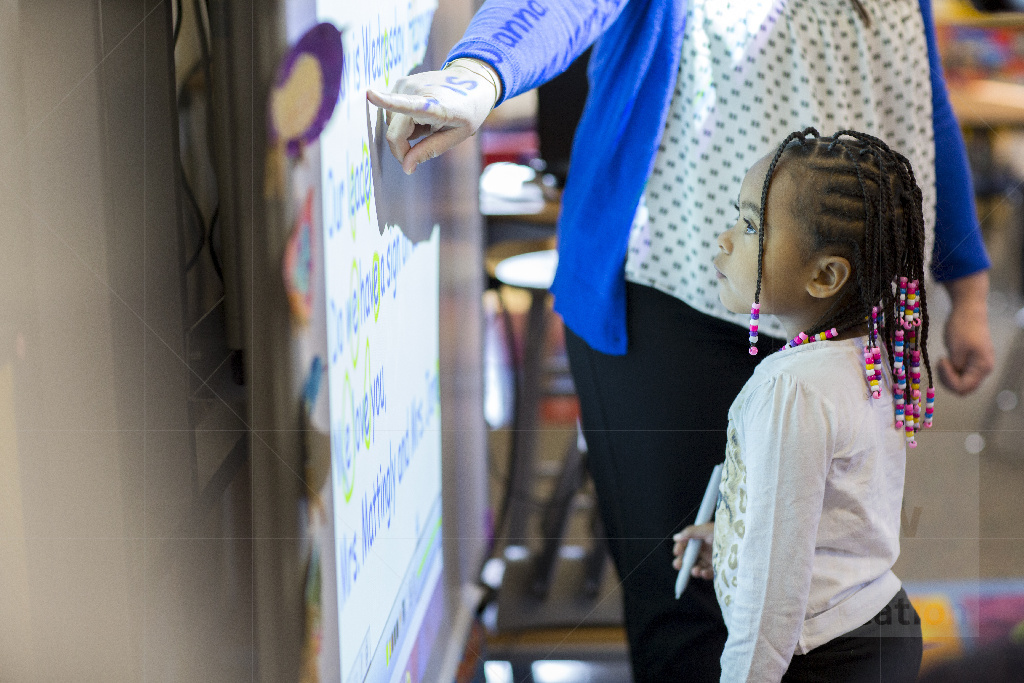Corrective Reading provides you with the tools to help close the achievement gap by addressing deficiencies in both Decoding and Comprehension. It is an intensive intervention for students reading one or more years below their chronological age.
Correcting Reading Decoding
Level A: Word-Attack Basics
Appropriate for very poor readers. Emphasises basic decoding skills: rhyming, sounding out, sentence reading, and story telling.
65 Lessons 45 Minutes
Outcomes: 60 wpm, 98% accuracy
Levels B1 & B2: Decoding Strategies
Designed for struggling readers who do not read fluently or who confuse similar words. Teaches students to become automatic decoders, with increased self-confidence.
65 Lessons 45 Minutes
Outcomes: B1 90 wpm, 98% accuracy
Outcomes: B2 130 wpm, 98% accuracy
Level C: Skill Applications
Created for those who experience difficulty with vocabulary and complex sentence structures, this programme bridges the gap between advanced word-attack skills and the ability to read information material.
125 Lessons 45 Minutes
Outcomes: 150 wpm, 98% accuracy
Corrective Reading Comprehension
Level A: Thinking Basics
For students who have difficulty responding to literal questions and following directions. Builds the oral language foundation from which other comprehension skills can be developed
65 Lessons 45 Minutes
Outcomes: Higher-order thinking skills and increased vocabulary base
Levels B1 & B2: Comprehension Skills
Teacher literal and inferential comprehension strategies. Students read for information and learn to retain new facts and vocabulary.
B1: 60 Lessons 45 Minutes B2: 65 Lessons 45 Minutes Outcomes: Cross-curricular comprehension skills for all subject areas
Level C: Concept Applications
Builds on skills needed for content area study in Secondary School. Students sharpen their critical reading skills and organise information for retention and reporting. Teacher-directed activities are replaced with independent study. 140 Lessons 45 Minutes Outcomes: Applying analytical skills to real-life situations and answering inferential versus literal questions based on specific passages read
Direct Instruction In Action
“Direct Instruction ... opened my eyes to a different approach to teaching where all children can access the work more so than was I was doing before.”
Kevin Surrey and Suzy Cudapas, Directors of Direct Instruction, English and Numeracy, United Learning Trust

Direct Instruction in Action: DI South Hub Webinar
Check out our 'Introduction to Direct Instruction' webinar with Kevin and Suzy here:
We’re here to support you every step of the way


